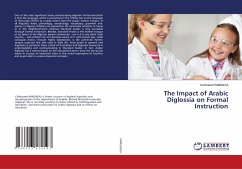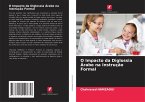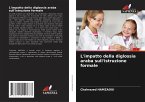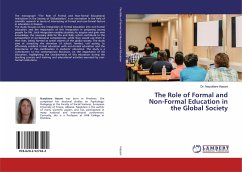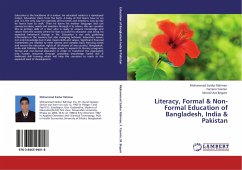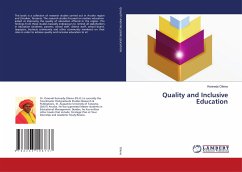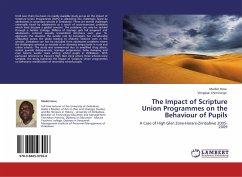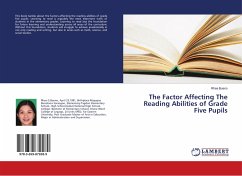One of the most significant issues characterizing Algerian formal education is that the language which is prescribed in the official text as the language of instruction differs to a large extent from the pupils' mother tongue, at all linguistic levels, phonology, morphology, vocabulary, grammar and syntax. In Algeria, children are exposed to the vernacular whether at home or in the neighbourhood, whereas Standard Arabic is only accessible through formal instruction. Besides, Standard Arabic is the mother tongue of no sector in the Algerian speech community - nor is it in any other Arab country - and children do not become aware of it until school age, while colloquial Arabic, though highly stigmatized, is the authentic mother tongue acquired first and used in daily life. Arab pupils in general and Algerians in particular show a kind of frustration and linguistic insecurity in understanding and communicating in Standard Arabic. In fact, Arabic diglossia has a strong impact on the educational sector since the vernacular seems to occupy an important place in the verbal expressions of teachers and pupils alike in various classroom contexts.
Bitte wählen Sie Ihr Anliegen aus.
Rechnungen
Retourenschein anfordern
Bestellstatus
Storno

